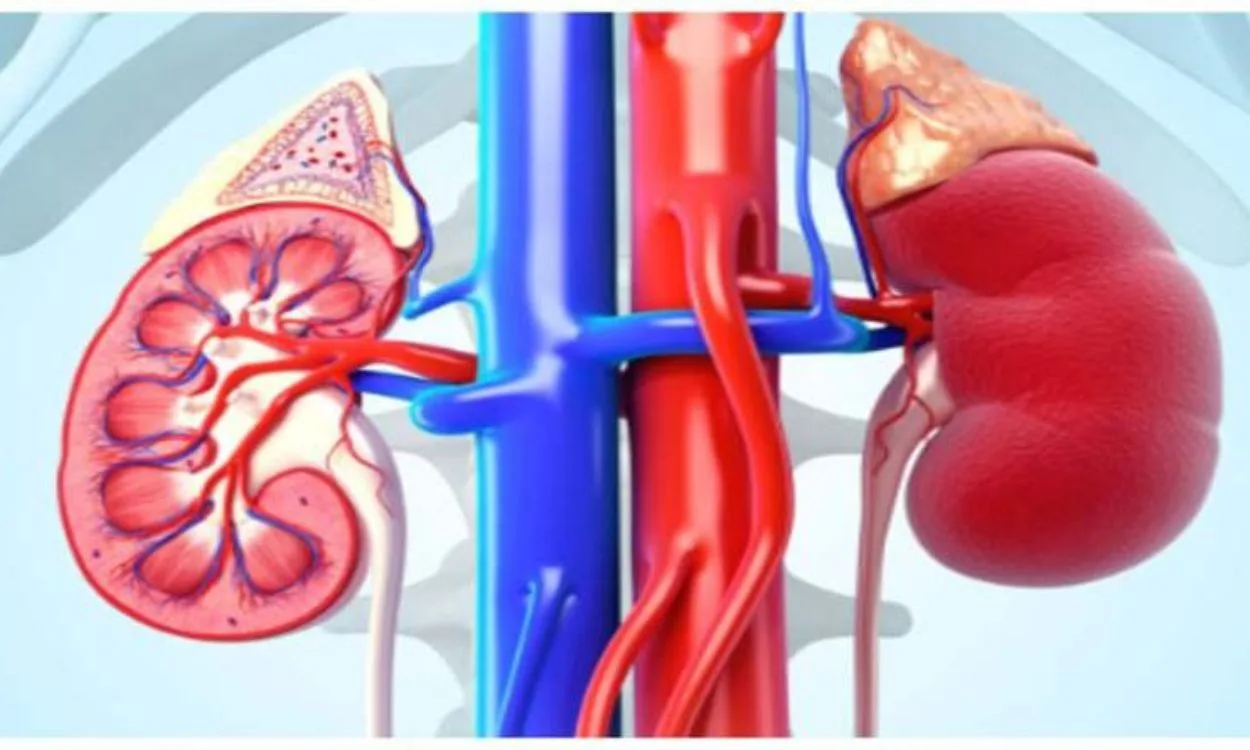Symptoms and Treatment Options for Glomerulonephritis
Glomerulonephritis is a medical condition characterized by inflammation in the glomeruli, which are small blood vessels in the kidneys. This condition can lead to kidney damage and impaired kidney function. Understanding the symptoms and treatment options for glomerulonephritis is crucial in managing the condition effectively.
Symptoms of Glomerulonephritis
The symptoms of glomerulonephritis can vary depending on the severity of the condition. Some common symptoms include:
- Hematuria: The presence of blood in the urine is one of the primary symptoms. It can range from microscopic blood that is only visible under a microscope to gross blood that can be seen with the naked eye.
- Proteinuria: Excessive protein in the urine is another common symptom. This can lead to foamy urine and is related to the impaired filtration function of the glomeruli.
- Edema: Swelling, especially in the face, hands, feet, and legs, is a common symptom of glomerulonephritis. It occurs due to the retention of fluid in the body.
- Hypertension: High blood pressure is often associated with glomerulonephritis. It can be a result of the kidney’s reduced ability to regulate blood pressure.
- Fatigue: Feeling tired and fatigued is a common symptom due to the impaired kidney function and the buildup of waste products in the body.
- Decreased Urine Output: Some individuals may experience a decrease in urine output, which is a sign of reduced kidney function.
- Urinary Tract Infections: Glomerulonephritis can make individuals more susceptible to urinary tract infections.
Treatment Options for Glomerulonephritis
The treatment for glomerulonephritis aims to manage the underlying cause, reduce inflammation, and prevent kidney damage. Here are some common treatment options:
- Medications: Corticosteroids and immunosuppressive drugs may be prescribed to reduce inflammation and suppress the immune response that is attacking the glomeruli.
- Blood Pressure Management: Controlling blood pressure is crucial in managing glomerulonephritis. Medications such as ACE inhibitors or angiotensin receptor blockers may be prescribed to lower blood pressure and protect the kidneys.
- Diuretics: Diuretics may be prescribed to remove excess fluid from the body and reduce edema.
- Dietary Changes: A low-sodium diet may be recommended to manage hypertension and reduce fluid retention. In some cases, a low-protein diet may also be advised to reduce the workload on the kidneys.
- Dialysis: In severe cases where kidney function is significantly impaired, dialysis may be necessary to remove waste products and excess fluid from the body.
- Kidney Transplant: For individuals with end-stage renal disease, a kidney transplant may be considered as a treatment option.
It is important to note that the treatment approach may vary depending on the specific cause and severity of glomerulonephritis. A healthcare professional will provide personalized treatment recommendations.
Now that you understand the symptoms and treatment options for glomerulonephritis, it is crucial to take charge of your health and well-being. Fitpaa, an AI-driven healthcare app, can help you in achieving your overall health and fitness goals, including managing conditions like glomerulonephritis.
With Fitpaa, you can:
- Assess your metabolism and identify the root cause of your health condition.
- Get personalized Fitpaa Capsule based on your metabolism, health goals, and current lifestyle.
- Follow your Fitpaa Capsule daily with the help of real-time guidance and tools provided in the Fitpaa mobile app.
- Receive regular reviews and course corrections from a team of fitness planners, nutritionists, fitness trainers, and doctors.
- Achieve your health and fitness goals with guaranteed results.
Unlock the joy of a fit and healthy life by downloading the Fitpaa app today. Your well-being is our mission!









